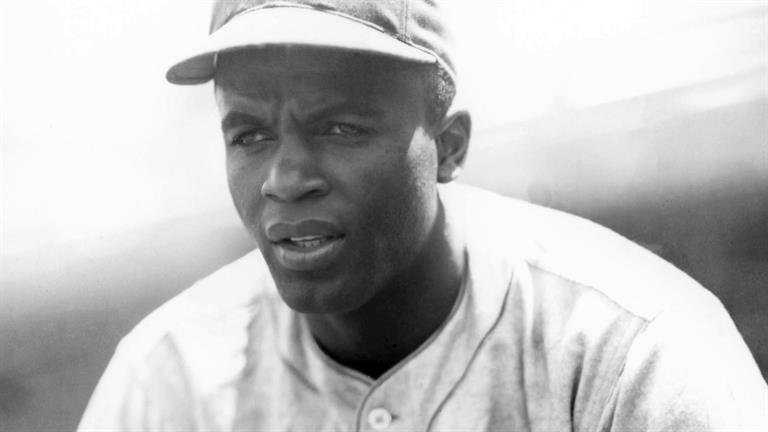Doing the right thing will enrich your life beyond whatever numbers might end up in your financial records.
In 1964, the year Congress passed the historic Civil Rights Act, I heard about a group of investors who were having trouble raising money to start a bank in Harlem even though Jackie Robinson had signed on as chairman.
Robinson and other directors didn’t need to raise more than a few hundred thousand dollars to capitalize their new Freedom National Bank of New York, but they just couldn’t find enough investors. Even though Jackie Robinson was a heroic figure as the first African-American to play in the major leagues and a determined advocate for civil rights after retiring from professional baseball in 1957, most financiers then neglected Harlem.
But I discovered that many small businesses and churches had already put up money, showing leadership in the hope that their community soon would have better access to funds and prospects for a stronger economy. They were committed. So I went to a bunch of my clients and said, “Look, I think you ought to buy some stock in this bank. It’s a good thing for the country, and it’s a good thing for New York.”
Several agreed. Freedom National soon had enough capital to open its doors. The bank became a vital part of Harlem life. For years it was the largest financial institution in New York State owned by African-Americans and among the largest in the country.
Not long after we raised those funds in 1964, one of the bank officers asked what our fee would be. “Nothing,” I replied. “Harlem needs a bank, and you guys seem like the right guys to do it.” We didn’t ask for a penny, but I did have one request: a private lunch with Jackie Robinson.
That day was a thrill for me. He was a warm, decent guy. When I was a teenager, he had been voted the second most popular person in the entire country after Bing Crosby.
Sadly, a spate of bad loans forced Freedom National to close in 1990. It was a blow to Harlem as New York City stumbled through a three-year economic downturn and Manhattan home values plunged by an average of 25 percent. Freedom National had twenty-two thousand depositors at the time.
Following the bank’s ups and downs for a quarter century helped me appreciate even more why a strong financial sector is vital for poor or underserved communities. In developing countries with poorly functioning governments and fragile banking systems—financing often has to come from foreign investment.
Across Asia there is no question that billions of dollars in foreign capital helped improve the lives of hundreds of millions of people after once-closed, socialist economies welcomed foreign investment.
Image via Biography


Leave a Reply